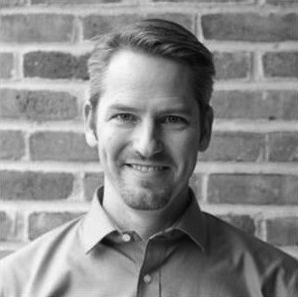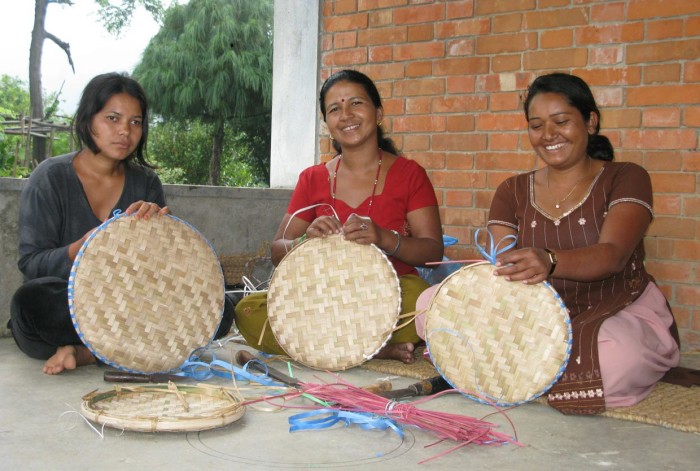During the 2016 legislative sessions this year, at least 10 states have introduced legislation that would protect a child from being blamed for their own commercial sexual exploitation, meaning that prostitution offenses would not apply to minors. As of August 1, 2015, 14 states and DC had already enacted full non-criminalization provisions to prevent prosecution of minors for prostitution. This means that almost half of the country has enacted or is considering legislation to protect child sex trafficking victims from being put on trial for the very conduct that constitutes their victimization. Under federal law, any child who is bought or sold for sex acts is a sex trafficking victim. Last year, in the Justice for Victims of Trafficking Act, Congress urged the states to treat commercially sexually exploited children as victims and direct them to services instead of punitive responses and prosecutions.
Laws that protect all minors from prostitution charges are necessary to justly respond to juvenile sex trafficking victims and safeguard child victims from being treated as criminals. No child should be unfairly stigmatized as a “prostitute,” especially by the courts. In short, there is no such thing as a “child prostitute.” Shared Hope’s policy paper, Non-Criminalization of Juvenile Sex Trafficking Victims “discuss[es] the social and legal importance of ending criminalization of minors for prostitution offenses.” Prosecuting or charging a youth for prostitution offenses based on commercial sex acts is irreconcilable with the fact that the commercial sex act, itself, constitutes the abuse, rape, and exploitation of the child, rendering that child a victim in need of restorative services. Arresting, charging, detaining, and prosecuting child sex trafficking victims can re-traumatize these vulnerable victims. Additionally, arresting youth can strengthen trauma bonds with traffickers who have warned victims that they would be arrested and blamed if they were to seek help from law enforcement or were “found out.” Youth are often further bound to their trafficker and feel isolated from society when they are arrested. In her book, Walking Prey, Holly Austin Smith shares the harmful effects of her arrest and detention:
When I was arrested by law enforcement for prostitution, I was made to feel like a criminal, like a juvenile delinquent. I felt stupid, ashamed, and ostracized by society. Days later, alone in my bedroom, I felt so abandoned, so forsaken by society, that I attempted suicide.
Implementing non-criminalization and ensuring safety for commercially sexually exploited children is a consistent concern, and states have taken varied approaches in shifting from punitive to service-focused responses. Shared Hope’s field guidance document, Justice for Juveniles – A Field Guidance Report, surveys promising approaches to implementing non-criminal responses for juvenile sex trafficking victims.
Ensuring that comprehensive, trauma-informed, individualized services are provided to these victims is vital. As the trend of non-criminalization grows, states must simultaneously increase avenues to specialized services for commercially sexually exploited youth. According to the Protected Innocence Challenge, as of August 1, 2015, 29 states plus DC have enacted some sort of protective system response to direct minors away from punishment or detention and towards services, including responses of non-criminalization and other mechanisms, such as diversion or mandatory referrals by law enforcement to child welfare. Dollars are better and more justly spent on providing services to child sex trafficking victims, instead of arresting, prosecuting and punishing.
We look forward to the day where no commercially sexually exploited child in the U.S. can be charged as a “prostitute.”


 Shea M. Rhodes, Esq. is the Director of the Institute to Address Commercial Sexual Exploitation (CSE Institute) at Villanova University School of Law. Throughout her career, Ms. Rhodes has worked with survivors of sexual violence, human trafficking, prostitution, and commercialsexual exploitation,including operating her own law practice where she represents victims and survivors. She also serves as an advisor to multiple criminal justice initiatives focused on addressing the needs of child and adult victims of human trafficking and commercial sexual exploitation. Prior to her work with the CSE Institute, Ms. Rhodes served as an Assistant District Attorney for the City of Philadelphia for almost ten years where she helped to found Project Dawn Court, a diversion program for women who have been repeatedly charged and convicted of the crime of prostitution, a primary mode of sex trafficking, and developed a Law Enforcement Working Group to facilitate collaborative investigation and prosecution of cases of human trafficking between local, state, and federal agencies in the Philadelphia region. Before joining the District Attorney’s office, Ms. Rhodes served as a staff attorney for the Crime Victim’s Law Project where she provided legal assistance and advocacy for adult and child victims of rape, sexual assault, and stalking.
Shea M. Rhodes, Esq. is the Director of the Institute to Address Commercial Sexual Exploitation (CSE Institute) at Villanova University School of Law. Throughout her career, Ms. Rhodes has worked with survivors of sexual violence, human trafficking, prostitution, and commercialsexual exploitation,including operating her own law practice where she represents victims and survivors. She also serves as an advisor to multiple criminal justice initiatives focused on addressing the needs of child and adult victims of human trafficking and commercial sexual exploitation. Prior to her work with the CSE Institute, Ms. Rhodes served as an Assistant District Attorney for the City of Philadelphia for almost ten years where she helped to found Project Dawn Court, a diversion program for women who have been repeatedly charged and convicted of the crime of prostitution, a primary mode of sex trafficking, and developed a Law Enforcement Working Group to facilitate collaborative investigation and prosecution of cases of human trafficking between local, state, and federal agencies in the Philadelphia region. Before joining the District Attorney’s office, Ms. Rhodes served as a staff attorney for the Crime Victim’s Law Project where she provided legal assistance and advocacy for adult and child victims of rape, sexual assault, and stalking.





